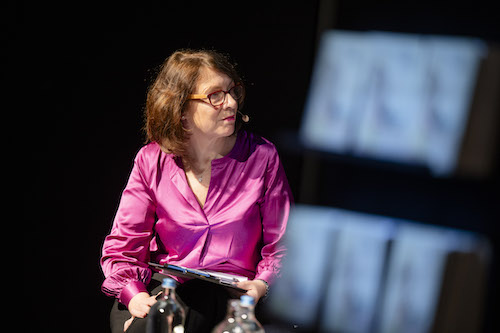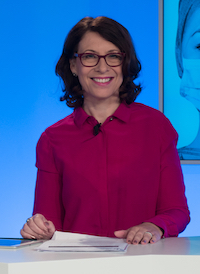
Claire Doole is a former BBC correspondent and international spokeswoman who is passionate about helping people communicate with confidence. Since 2006, she has successfully trained hundreds of professionals in the art of presenting and public speaking, talking to the media, managing communications in a crisis, and writing for the web. In addition, she has coached C-level executives and public figures to give powerful TEDx and TED style talks in Europe and the Middle East. A Swiss and UK national, Claire trains and coaches in French and English.
Claire is also a highly experienced moderator having facilitated panel discussions with government ministers, NGO activists, humanitarians and human rights specialists at major events.
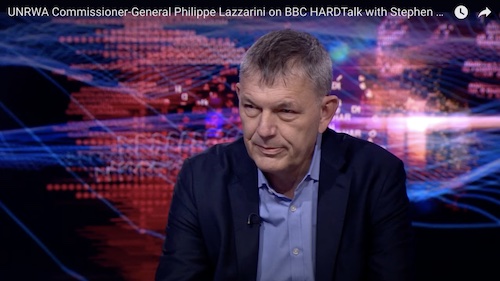
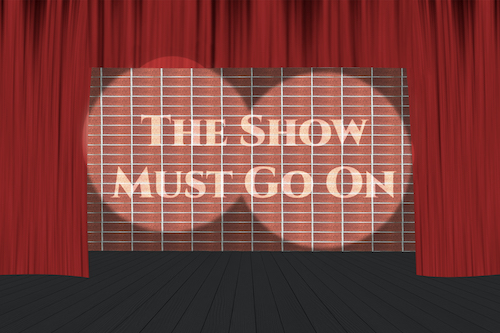
By Claire Doole, www.doolecommunications.com
By Claire Doole, www.doolecommunications.com
Someone asked me this week to explain the role of a panel moderator.
I replied that it was to facilitate an insightful discussion for the audience. Remember them? The most neglected part of an event except when organisers panic the room might not be full.
Unfortunately, engaging debates are sometimes very difficult to achieve when you are brought in at the last moment and the panelists have already been selected by the organisers for political or PR reasons. It is like trying to bake a great cake with the wrong ingredients.
Drawing on decades of experience and a lot of patience, I usually manage after speaking individually to each panelist to construct a flow and exchange between the panelists, that is engaging and insightful. Of course, the discussion is compromised in terms of depth as I have to loop in people who either don’t want to address the theme of the panel or don’t have the knowledge to do so.
There seems to be a view by some organisations - the more panelists the merrier, as this shows how well-connected and influential, they are. However, this leads to frustration all around – from the panelists themselves, who have less time to get their points across, from the moderator who has to keep the discussion at a relatively high level and the audience, who most probably have learned nothing they don’t already know.

- He had a clear objective – to inspire and unify the audience around a common purpose.
- He had a clear central argument – making the case for a global data governance framework.
- He understood the audience – pitching the level correctly so they were not bored nor confused but engaged in his thinking.
- He simplified the key message into a call to action so that the audience knew what was expected of them.
- He structured the speech by first talking about the problem before going to the solution.
- He hooked the audience with the specific – fake news – before going to the general – fake news as an example of the need for data governance.
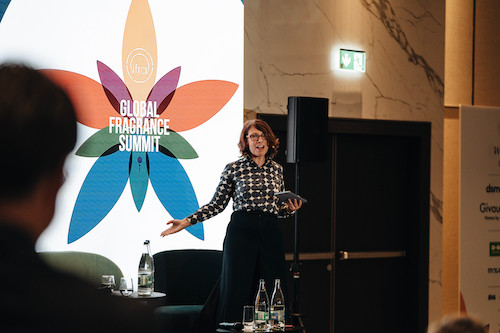
By Claire Doole, www.doolecommunications.com
Latest news
- 1
- 2
- 3
- 4
- 5
- 6
- 7
- 8




